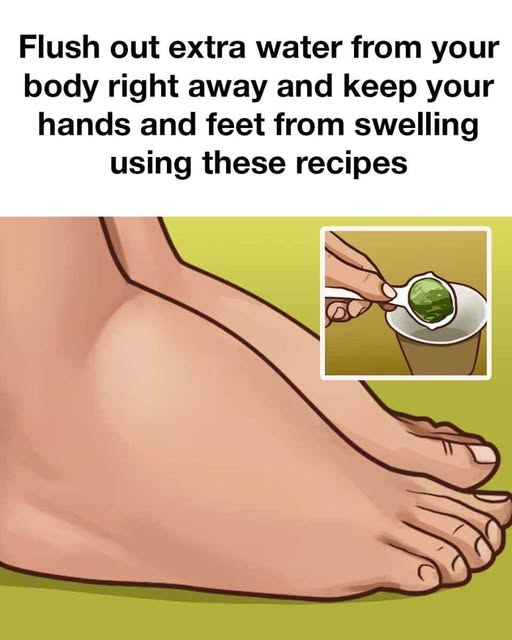5. Try Natural Diuretics
Certain foods and herbs encourage the kidneys to flush out extra water. Cucumber, watermelon, celery, parsley, and dandelion root are all mild natural diuretics that support fluid balance.
6. Wear Compression Stockings
These snug-fitting socks apply gentle pressure to improve blood flow and prevent fluid buildup in the legs. They’re especially helpful for people who sit or stand for long periods, including travelers and office workers.
When to See a Doctor
While mild water retention is usually harmless and resolves on its own, persistent or severe swelling should not be ignored. Seek medical advice if you experience:
Swelling that doesn’t improve with lifestyle changes
Shortness of breath or chest pain (could signal heart or lung problems)
Severe swelling in just one leg (a possible sign of a blood clot)
Swelling accompanied by fatigue, confusion, or reduced urination
Your doctor may recommend tests to check heart, kidney, or liver function and may prescribe diuretics (“water pills”) to help eliminate excess fluid safely.
Water retention is more than just a cosmetic concern—it’s your body’s way of signaling imbalance. By understanding the causes and taking proactive steps like reducing salt, staying hydrated, and moving regularly, you can support your body’s natural rhythm and feel lighter, more comfortable, and healthier overall. When in doubt, always consult a healthcare professional to rule out serious conditions and get personalized guidance.
